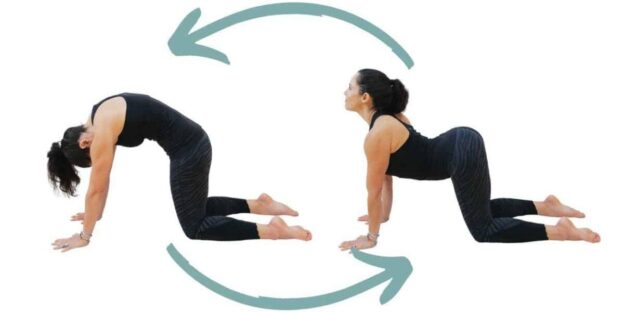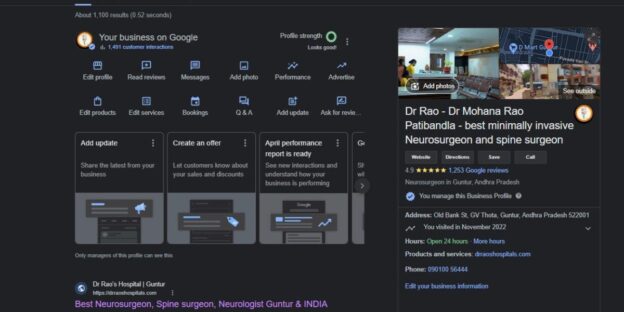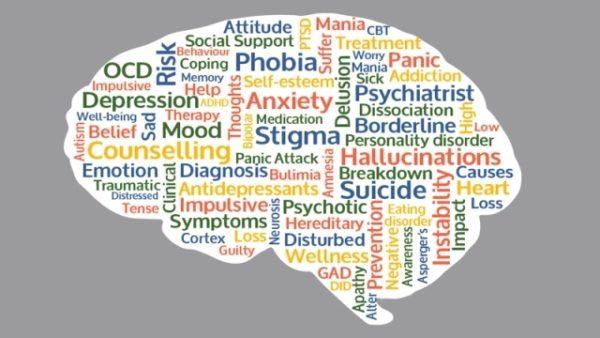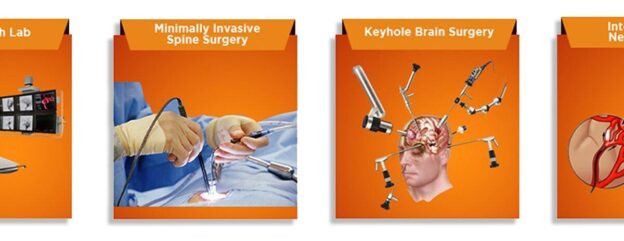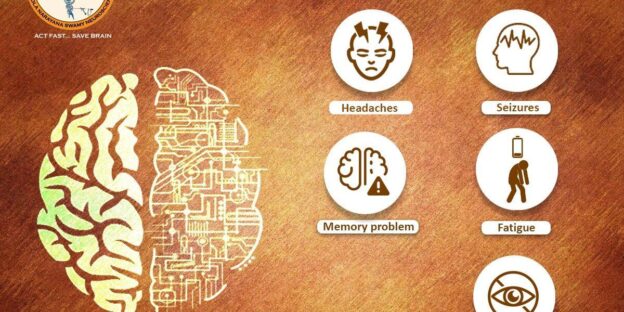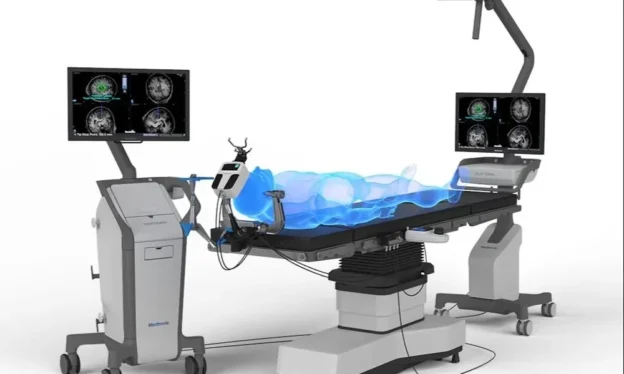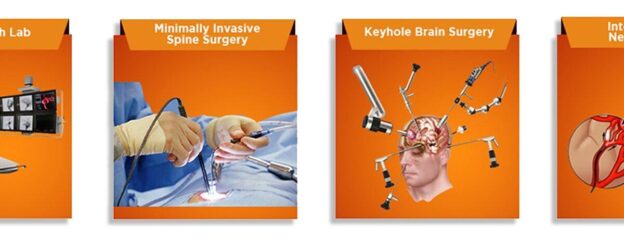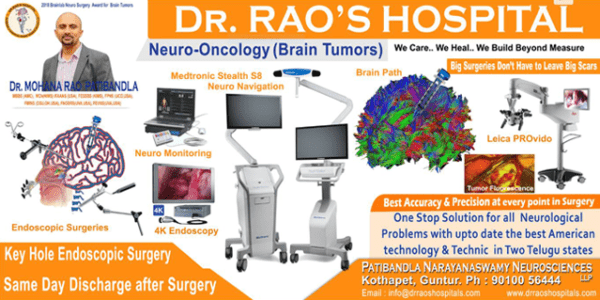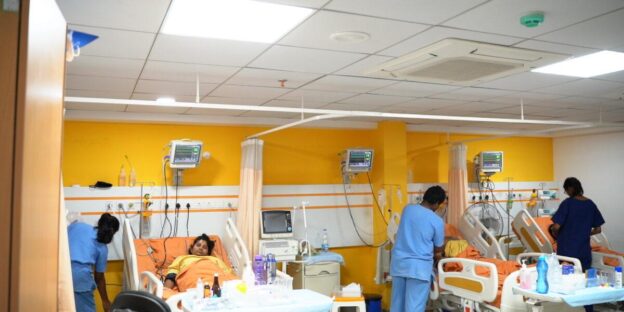Unraveling the Debate: Is Sitting as Harmful as Smoking for Neurological Health?
Gain insights from Dr. Rao, renowned neurosurgeon, on the sitting vs. smoking debate’s impact on neurological health. Discover risks, find balance, and prioritize your brain’s well-being with expert advice.
Introduction:
In our modern, technology-driven world, sitting has become the norm for many people due to sedentary jobs and lifestyles. Meanwhile, smoking has long been recognized as a significant risk factor for various health conditions, including cancer, cardiovascular disease, and respiratory issues. However, recent research has sparked a debate about whether sitting is equally as harmful as smoking, particularly in relation to its impact on neurosurgery outcomes. In this blog, we will explore the potential risks of excessive sitting and its implications for neurological health, comparing it to the well-established hazards of smoking.
The Risks of Excessive Sitting:
- Sedentary Lifestyle and Health:
Sitting for prolonged periods can contribute to a sedentary lifestyle, which has been associated with numerous health concerns. Studies have linked excessive sitting to an increased risk of obesity, diabetes, cardiovascular disease, and even certain types of cancer. These health issues can indirectly impact neurological health by impairing blood flow, increasing inflammation, and affecting overall well-being.
- Impact on Spinal Health:
Sitting for extended periods can put excessive pressure on the spine, leading to poor posture and increased risk of spinal disorders. The lack of movement and engagement of core muscles can contribute to weakened spinal structures, including discs and muscles. Spinal issues can have implications for nerve function and contribute to conditions such as herniated discs or sciatica.
- Cognitive Decline:
Prolonged sitting has been associated with cognitive decline and an increased risk of neurological disorders. Reduced physical activity and sedentary behavior can negatively impact brain health, including memory, attention, and executive function. It is believed that limited physical movement affects blood flow to the brain and reduces the release of neurotrophic factors necessary for optimal cognitive function.
Comparing Sitting to Smoking:
- Immediate and Long-Term Health Effects:
While excessive sitting has been linked to various health risks, it is crucial to highlight that smoking poses immediate and long-term detrimental effects. Smoking directly exposes the body to harmful chemicals and toxins, causing damage to the lungs, heart, and blood vessels. The association between smoking and life-threatening diseases, such as lung cancer and heart disease, is well-established.
- Magnitude of Risks:
The magnitude of risks associated with smoking far exceeds the risks of excessive sitting. Smoking is one of the leading causes of preventable deaths worldwide and is responsible for a significant burden on public health. On the other hand, while excessive sitting has its own risks, it does not carry the same level of immediate and severe health consequences as smoking.
Finding Balance and Promoting Neurological Health:
- Break Up Prolonged Sitting:
To mitigate the risks of excessive sitting, it is crucial to incorporate regular breaks and movement throughout the day. Aim to stand, stretch, or take short walks at regular intervals, particularly during prolonged periods of sitting. Consider using standing desks or adjustable workstations to alternate between sitting and standing positions.
- Engage in Regular Physical Activity:
Regular physical activity is essential for overall health, including neurological well-being. Incorporate at least 150 minutes of moderate-intensity aerobic exercise, such as brisk walking, cycling, or swimming, into your weekly routine. Engaging in physical activity promotes cardiovascular health, enhances blood flow to the brain, and supports cognitive function.
- Adopt a Healthy Lifestyle:
Maintaining a healthy lifestyle goes beyond simply avoiding sitting or smoking. Focus on a balanced diet, regular exercise, adequate sleep, stress management, and avoiding harmful habits. These lifestyle factors contribute to overall well-being and support optimal neurological health.
Conclusion:
While excessive sitting has its associated risks, it is important to recognize that the dangers of smoking are far more severe and well-established. Both sitting and smoking can have negative implications for neurological health, but smoking remains a more significant risk factor for a wide range of health conditions, including those affecting the brain.
To promote neurological health and overall well-being, it is crucial to find a balance between sitting and physical activity. Incorporating regular movement breaks, engaging in regular exercise, and adopting a healthy lifestyle are key factors in mitigating the risks of excessive sitting. By prioritizing these habits, you can support optimal brain function, reduce the risk of neurological disorders, and improve your overall quality of life.
Remember, quitting smoking is one of the most impactful steps you can take to protect your health. If you are a smoker, consider seeking support from healthcare professionals, joining smoking cessation programs, or utilizing resources available to help you quit. By quitting smoking, you can significantly reduce your risk of developing smoking-related health conditions and improve your chances of maintaining a healthier brain and body.
In conclusion, while excessive sitting can have negative implications for neurological health, it is not equivalent to the risks associated with smoking. Both sitting and smoking should be approached with caution, but it is crucial to prioritize smoking cessation and adopt a lifestyle that includes regular physical activity, breaks from prolonged sitting, and overall healthy habits. By making these choices, you can strive for optimal neurological health and reduce the risk of associated health conditions.
In conclusion, as we explore the debate surrounding sitting and smoking in relation to neurological health, it is important to acknowledge the expertise of Dr. Rao, one of the best neurosurgeons in the field. With his vast experience and knowledge, Dr. Rao has provided valuable insights into the impact of these factors on brain health.
In summary, by considering Dr. Rao’s expertise, adopting a balanced lifestyle, and seeking exceptional neurosurgical care when necessary, we can prioritize our neurological health and well-being. Remember, your brain health is of utmost importance, and by making informed choices and seeking the right expertise, you can take proactive steps towards nurturing a healthier and sharper mind.
Tags: #NeurologicalHealth #SittingVsSmoking #BrainWellbeing #NeurologicalDisorders #HealthDebate #PhysicalActivity #BrainFunction #WellnessTips #HealthyLifestyle #DrRaoExpertise

